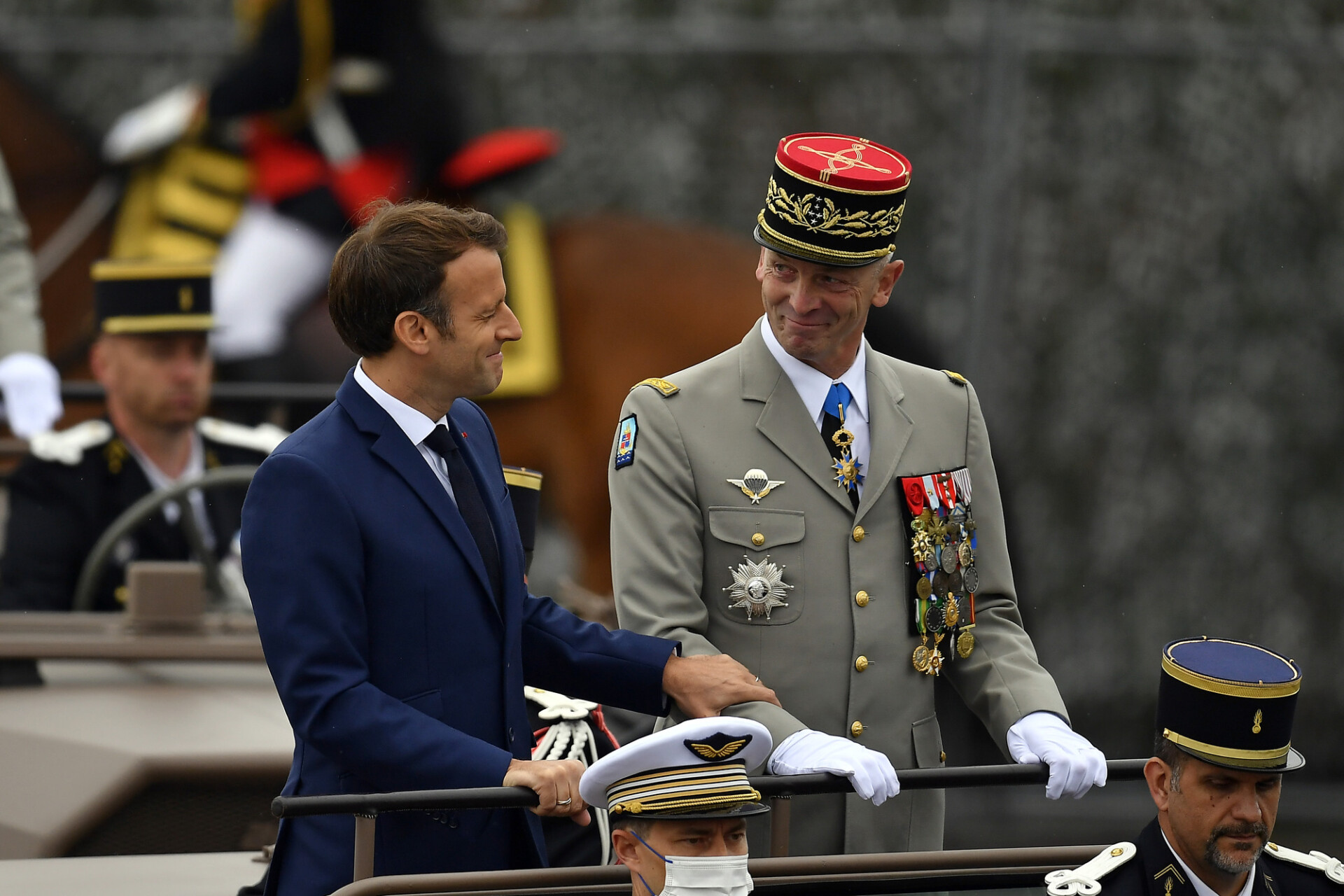A major new poll of French citizens has revealed worryingly high levels of dissatisfaction with democracy.
Commissioned by the CESE (a super-quango of experts), the Ipsos research found that 23% of respondents disagree with the statement that democracy is the best political system. That’s a minority, of course, but a substantial one. What’s more, the corresponding figure among under-35s is 32%.
French newspapers have also seized upon the finding that 51% of respondents believe that only un pouvoir fort et centralisé (a strong, centralized power) can maintain order and security. Exactly what they might mean by that requires further study. Is it an observation — and endorsement — of the status quo? Or is it a yearning for a truly authoritarian state?
According to Reuters, most voters don’t believe that the democratic system of the Fifth Republic (i.e. the current French constitution) works. They’re right. The constitution was designed for a relatively simple party system divided between center-right and center-left blocs. It was never meant to accommodate a messy three-way split between the radical Left, the liberal establishment and the populist Right.
This year’s political chaos is a case in point. It saw the Left and center gang up on the Right, only for Marine Le Pen to then impose a conservative prime minister on Emmanuel Macron. For elections to have credibility there needs to be a discernible relationship between votes and outcomes. But in the flaky Fifth Republic, casting a ballot is more like pulling the lever on a fruit machine.
A distinction must be made between the failings of a particular system and democracy in principle. Reassuringly, Ipsos found that 60% of the French public is ready to defend democracy if it comes under threat (another 24% made a somewhat weaker commitment). Nevertheless, it’s clear from the overall polling results — not to mention actual election results — that the French are unhappy with the status quo.
A British cynic might answer that the French are never happy. But the rise of populist parties on both the Right and Left would suggest they’ve become progressively unhappier over the last 20 years — and to an extent that exceeds equivalent trends in most other European countries.
One can point the finger at mass immigration, but that’s not an exclusively French phenomenon. Rather, what makes France special is the unsustainable generosity of the state. Government spending accounts for 58% of GDP — more than any other EU country including Denmark and Sweden. At the same time, French finances are coming under unprecedented pressure. Despite levying the highest taxes in Europe, the state is running a 6% deficit. In recent weeks we’ve seen the markets price French government debt above Spanish or even Greek levels.
That this can’t go on is obvious to everyone except the French public. Emmanuel Macron has tried to grasp the nettle — for instance with his pension reforms — but he’s been brutally punished by the voters for doing so.
Ultimately, the real problem here is not with democracy or even the French version of democracy. Rather, it’s the French tendency to demand the impossible.











Join the discussion
Join like minded readers that support our journalism by becoming a paid subscriber
To join the discussion in the comments, become a paid subscriber.
Join like minded readers that support our journalism, read unlimited articles and enjoy other subscriber-only benefits.
Subscribe